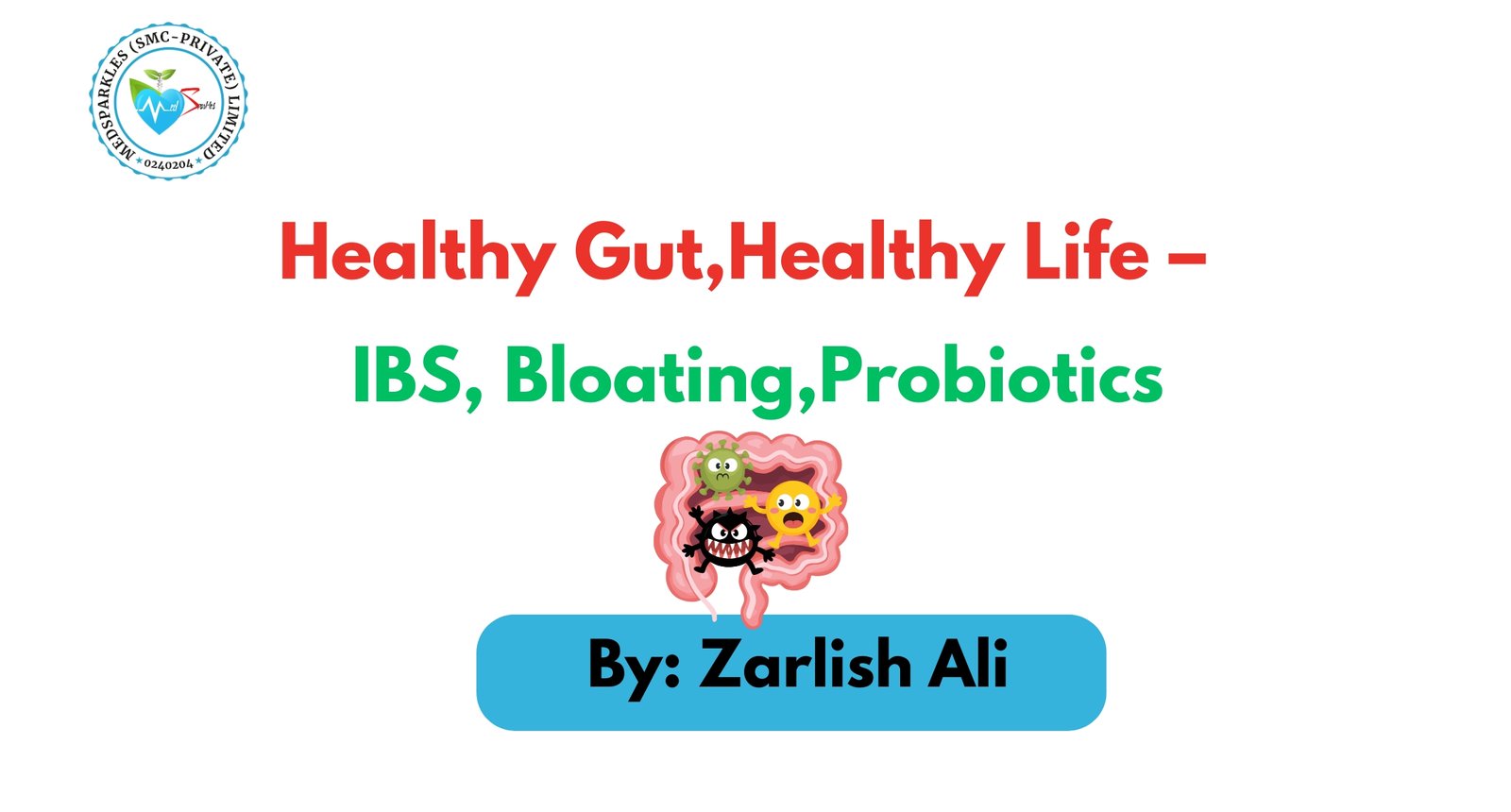
Gut health has emerged as a significant focus of scientific research in recent years, and for good reason. The gut, often called the “second brain,” plays a critical role in digestion, immunity, mental health, and overall bodily function. A healthy gut isn’t just about avoiding bloating or indigestion — it affects every system in the body. This article explores the intricacies of gut health, the factors that influence it, and practical ways to maintain a balanced gut.
Understanding the Gut Microbiome
The human gastrointestinal (GI) tract is home to trillions of microorganisms, collectively referred to as the gut microbiome. This community comprises bacteria, fungi, viruses, and other microbes that live symbiotically in the digestive tract. While some bacteria are harmful, the majority is beneficial and contributes to essential bodily functions, including:
- Digesting Fiber: Gut bacteria help break down complex carbohydrates that the human body cannot digest on its own.
- Regulating the Immune System: A healthy gut helps train the immune system to differentiate between harmful invaders and harmless molecules.
- Producing Essential Nutrients: Beneficial microbes synthesize vitamins such as Vitamin K and certain B vitamins.
- Supporting Mental Health: Through the gut-brain axis, the microbiome communicates with the brain, influencing mood, stress levels, and cognitive function.
Factors Affecting Gut Health
Several lifestyle and environmental factors can impact the balance of the gut microbiome, either positively or negatively. Some of the most influential factors include:
1. Diet
The foods you eat have the most immediate and profound impact on gut health. A diet rich in fiber, fermented foods (such as yogurt, kimchi, and kefir), and polyphenols can foster a diverse and healthy microbiome. On the other hand, diets high in sugar, refined carbohydrates, and processed foods can lead to dysbiosis – an imbalance of gut bacteria.
2. Antibiotic Use
While antibiotics are life-saving medications, they can also disrupt gut balance by killing off beneficial bacteria along with harmful ones. Prolonged or unnecessary antibiotic use may lead to long-term gut health issues.
3. Stress
Chronic stress has been shown to negatively impact the gut by altering gut motility, reducing beneficial bacteria, and increasing intestinal permeability (commonly referred to as “leaky gut”).

4. Sleep Quality
Poor sleep can disrupt the circadian rhythm of the gut, leading to imbalances in the microbiome. Prioritizing good sleep hygiene is an essential but often overlooked component of maintaining gut health.
5. Exercise
Regular physical activity has been linked to increased microbial diversity, which is associated with better overall health. Exercise also helps regulate metabolism and reduces systemic inflammation, both of which contribute to gut health.
Signs of an Unhealthy Gut
An imbalanced gut microbiome may present with various symptoms, including:
- Digestive issues like bloating, gas, diarrhea, or constipation
- Food intolerances
- Skin conditions, such as eczema or acne
- Fatigue or sleep disturbances
- Frequent illnesses due to weakened immunity
- Mood swings, anxiety, or depression
Ways to Improve Gut Health
The good news is that it’s possible to restore and maintain gut health by making targeted lifestyle changes. Here are some evidence-based strategies to improve gut health:
1. Eat a Diverse, Plant-Based Diet
Including a variety of fruits, vegetables, whole grains, legumes, nuts, and seeds provides your gut bacteria with the fiber they need to thrive.
2. Incorporate Fermented Foods Fermented foods like yogurt, sauerkraut, kombucha, and kefir are rich in probiotics, which are beneficial bacteria that can support gut health.

3. Avoid Overuse of Antibiotics
Only take antibiotics when prescribed by a healthcare professional, and complete the full course as directed to avoid bacterial resistance. Consider taking probiotics during and after antibiotic treatment to replenish beneficial bacteria.
4. Manage Stress
Practicing mindfulness, meditation, or yoga can help reduce the impact of chronic stress on the gut.
5. Get Regular Exercise
Aim for at least 150 minutes of moderate-intensity exercise per week to promote a healthy gut microbiome.
6. Prioritize Sleep
Strive for 7-9 hours of quality sleep each night, and maintain a consistent sleep schedule to support your body’s natural circadian rhythms.

Conclusion
Gut health is a cornerstone of overall wellbeing, influencing digestion, immunity, mental health, and more. By making intentional choices around diet, stress management, sleep, and exercise, you can foster a healthy and diverse gut microbiome. With growing awareness about the gut’s role in health, it’s clear that taking care of your gut is one of the best investments you can make in your long-term health and vitality.
FAQs on Gut Health
1. How do I know if my gut health is compromised?
Common signs of poor gut health include digestive discomfort (bloating, constipation, or diarrhea), food intolerances, frequent infections, skin issues, and unexplained fatigue or mood disturbances.
2. What are probiotics, and do I need to take them?
Probiotics are live beneficial bacteria that can be found in supplements or fermented foods. They can help restore gut balance, particularly after antibiotic use, but not everyone needs to take supplements if they maintain a balanced, fiber-rich diet.
3. How does gut health affect mental health?
The gut and brain communicate through the gut-brain axis. An imbalance in the gut microbiome can influence mood, anxiety, and stress response due to the production of neurotransmitters and inflammatory molecules in the gut.
4. Can gut health improve immunity?
Yes, a healthy gut plays a crucial role in regulating the immune system. It helps prevent infections by maintaining the integrity of the gut lining and producing antimicrobial substances.
5. How long does it take to improve gut health?
Gut health can start improving within a few days of adopting healthier habits, but significant changes in the gut microbiome may take weeks or months, depending on the severity of the imbalance and consistency of lifestyle changes.





